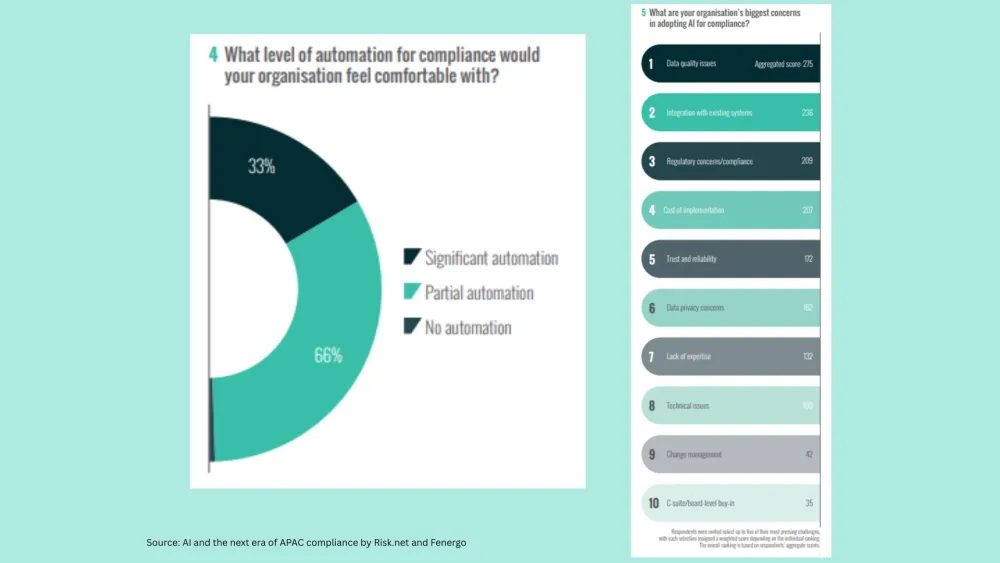
Financial institutions face four emerging challenges as digitisation ramps up
FIs role as the middleman is under threat as tech firms mull offering financial services.
Financial institutions (FIs) face four key emerging risks amidst accelerating digital migration, according to Moody’s Investors Service.
Big tech firms, pureplay fintech, central bank digital currencies (CBDCs), and stablecoins could potentially dislodge FIs from their role as middlemen in the system, warned Moody’s.
More big techs and fintech, in particular, are incorporating financial services into their platforms as the online user base continues to grow and with the new technological advancements that make it easy to do so. Unlike traditional FIs, they evolve more quickly.
Whilst this is leading to innovative new business models for the financial industry, incumbent FIs may struggle to catch up or see their current business models becoming increasingly outdated amidst the changing, more digitised landscape.
“For incumbent banks, their historic credit risk skills and privileged access to customer data will likely wane as technology firms access new kinds of credit-relevant alternative data not previously available to banks,” Tu said.
“Moreover, the ability to offer digital financial services is becoming more a necessity than an optional extra, and consumer expectations for the seamless user experiences provided by tech firms have never been higher,” he added.
Globally, tech firms have delved deeper into banking, with payments, small business lending and insurance, and providing "banking-as-a-service”, according to Moody’s.
Stablecoins could enable instant peer-to-peer transactions—which offers the potential to sidestep traditional financial middlemen and gatekeepers.
Central banks are also now moving quickly to develop CBDCs, which could level the playing field for public money and provide citizens direct access to a faster, lower-cost digital form of money.
“Incentives to develop CBDCs have gained in strength since the outbreak of the pandemic, and if carefully implemented could produce large economic gains by increasing financial inclusion and reducing financial friction within the system,” Tu said.



















 Advertise
Advertise












